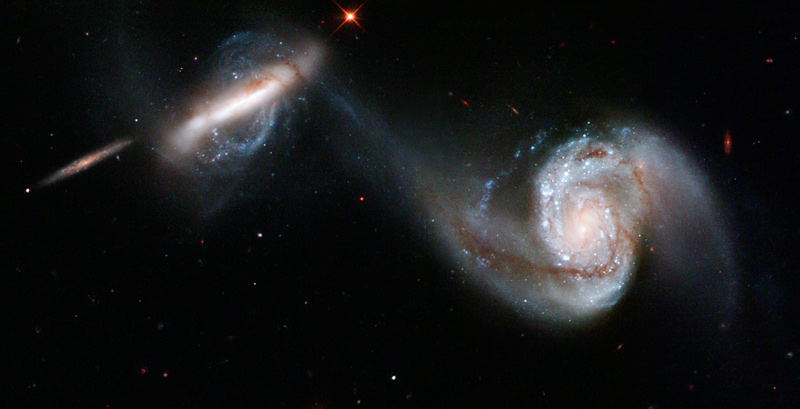On Philosophy
By Terence WittNothing like limiting a subject to a managable scope…
When comparing null physics to contemporary physics, the subject of philosophy invariably comes up because many things that are important to null physics are labeled, somewhat disparagingly, as ‘philosophy’ by physicists. Philosophy, we are told, is not science, and according to many of the physicists I have talked to, it is not particularly important in and of itself. Philosophical tidbits of note in null physics include such trivia as ‘why the universe exists’, ‘why is energy quantized?’, and ‘why does the universe have universal constants?’
Modern physics’ stance on philosophy is incongruous on a number of levels, but let’s just hit the highlight reel today. Here are the main categories.
Judgement call
To begin with, as has become clear during the course of many conversations, I doubt that the majority of physicists really know enough about philosophy to be able to recognize it when they see it. Reading the great book ‘Zen and the art of motorcycle maintenance’ might be a good way to ease into the subject, but then they would be left with the false impression that philosophy has little to tell us about the natural world. So I don’t think people who are familiar with physics, but rarely delve into philosophy, are best suited to judge the line that separates the two. Not that philosophers are too eager to venture into physics either. Daniel Dennett forages through the life sciences to support many of his assertions, but he would seem to be the exception.
Unavoidability
What physicists don’t seem to realize is that philosophy is, by its nature, an intrinsic part of every human activity, and there’s far more to it than arguing over the meaning of beauty or good. It rests at the very essence of physics, such as the ‘scientific method’. The thing that defines physics cannot, in and of itself, be a part of physics, because it separates physics from ‘everything else’. So it is philosophy that tells us where physics begins and ends, not physics.
lnconsistency or merely hypocrisy?
As noted, many physicists woud claim that a question such as ‘why does the universe exist?’ lies outside of physics, yet cosmologists are always telling us that they search for the hidden ‘secrets of the universe’. When I talk about null principles or null geometry, I’m often told something to the effect that “If you can’t measure it, it doesn’t exist. Since we don’t have access to what came before the universe, it’s a philosophical issue.” As this is being written, cosmologists are looking for patterns in the cosmic microwaves that might tell them something about the state of the universe prior to the Big Bang. Yet to look at the contemporary universe for signs that it is the internal structure of nothingness is…philosophy.
Call me silly, but I think that there’s a fundamental difference between a debate over the meaning of beauty and a debate over the reason the universe exists. The universe is, ultimately, the reason why we have ‘physics’. No universe, no physics. The way the universe is, such as ‘really big’ and ‘filled with stuff’ is related (and the connection between the dots is very close here) to why it exists or where it ‘came from’. A chicken, for instance, makes a lot of sense if you’re in a barnyard and there’s chickens, eggs, and chicks coming out of eggs. A chicken would make so sense at all if you’re in a volcano or on the surface of the sun, because its properties would be entirely inconsistent with the environment.
So I guess the question is what is more ‘philosophical’. Using the known properties of our contemporary universe to deduce its geometry and most essential nature, or talking about things that are thought to have happened 13.7 billion years ago that we, by definition, have no way of accessing today?
